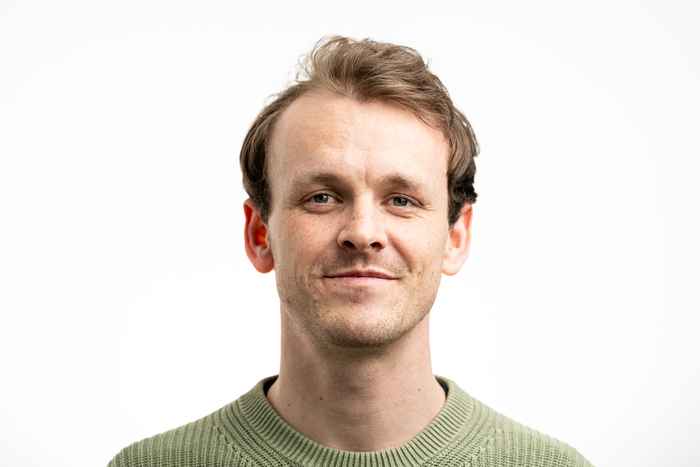DSC Member Spotlight: Max van Spengler
20 June 2024

How do you apply data science to your projects?
'I am mostly looking into the when, why and how of using hyperbolic geometry in deep learning. So my work mostly consists of changing the underlying geometry of existing deep learning techniques or building completely new ones specifically for hyperbolic geometry and then seeing how these new techniques affect our models' abilities for various tasks.'
Is there a project from this past year that you are most proud of?
'One of our projects from last year was the Hyperbolic Learning Library (HypLL), in which we implemented some of the most important existing techniques for hyperbolic deep learning. The library lets anyone that is familiar with PyTorch build completely or partially hyperbolic models with relative ease, even without knowing all the intricacies of hyperbolic geometry itself. Since its initial release it has really grown in popularity, which was very enjoyable for us to see.'
What do you like most about being a DSC member?
'Hearing about all the different kinds of real-world applications of data science methods. As much of my own work is often quite far removed from such applications, hearing about them can make it much easier to place what we do into context and to understand what makes techniques actually useful versus overly complex.'
What is your favourite data science method?
'While not really relevant to what I currently do, I once took a course on numerical bifurcation analysis. This course taught us how to analyse what happens to the qualitative properties of a dynamical system as we change some of its parameters, which is for example very important in oceanology. I always really enjoyed both the implementation and the theory of those techniques.'
Are you camp Python/R/or something else?
'I mostly use Python, but I'm not necessarily very attached to any particular language. As long as I can use a language to efficiently do what I intend to without getting headaches, everything is great. Except for JavaScript of course.'